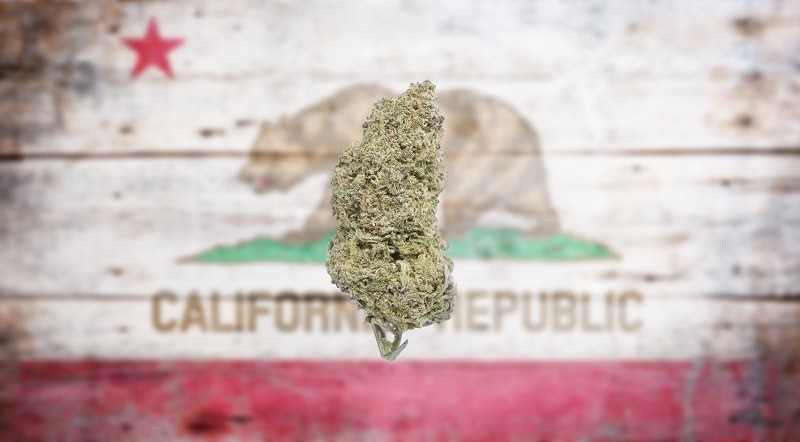The second largest city in the United States is officially set to become the largest in the world with a regulated cannabis market, as Los Angeles voters passed Measure M yesterday in a crushing victory.
More than 242,000 Los Angeles residents showed up to the polls to cast their ballots yesterday, and Measure M was approved by 79.36% of voters, according to the L.A. Times.

Effects of Measure M
-
Elevated Dialogue: Measure M requires public hearings, where neighborhood councils, homeowners’ associations, law enforcement and the business community can participate in an open conversation.
-
Educational Programs: Assists parents and teachers determine how to keep children from being exposed to advertising of marijuana products.
-
Pot Shop Recommendations: Relies on planning and land use to determine dispensary placement in L.A., with the city aiming to issue a large number of licenses in an effort to reduce the size of L.A.’s large illegal market. The city has committed to no caps on licenses, subject to zoning review.
-
Marijuana Business Guidelines: Sets tough fines and penalties for the illegal sale of marijuana, and empowers the city to close down any illegal operators by creating certainty and a regulatory framework for businesses to operate legally under the law.
“Los Angeles is leading the country and world in responsible and inclusive approaches to legalization,” said Los Angeles City Council President Herb Wesson in a statement. “The passing of Proposition M is a great victory for common sense, law enforcement and all Angelenos. We gave communities a voice in the process, and their voices will be continued to be heard. This measure is what responsible marijuana laws should look like, and we couldn’t be prouder of our city.”
Los Angeles-based marijuana businesses had been operating under a cloud of uncertainty for quite some time before Tuesday’s groundbreaking decision. From 1996, when Californians voted to legalize medical marijuana, until about a decade later, the state seldom interfered with the blossoming weed industry in the city. That was until 2007, when the city effectively banned any new cannabis businesses from opening, which sparked outrage from legalization advocates and industry insiders alike. In 2013, Proposition D was passed, drawing a line in the sand for L.A. pot businesses. Prop D essentially granted “limited immunity” from prosecution to 135 medical marijuana dispensaries in the city limits; however, this was not a license in any way.
Earlier this week, city officials were considering raids on more than 70 dispensaries not protected by Prop D in the event that Measure M did not pass. Now, all qualifying businesses, including dispensaries, cultivation facilities, delivery services, testing labs, and more, will have an opportunity in the near future to legitimize their operation in the eyes of the city of Los Angeles and to the benefit of residents throughout the county and beyond.


